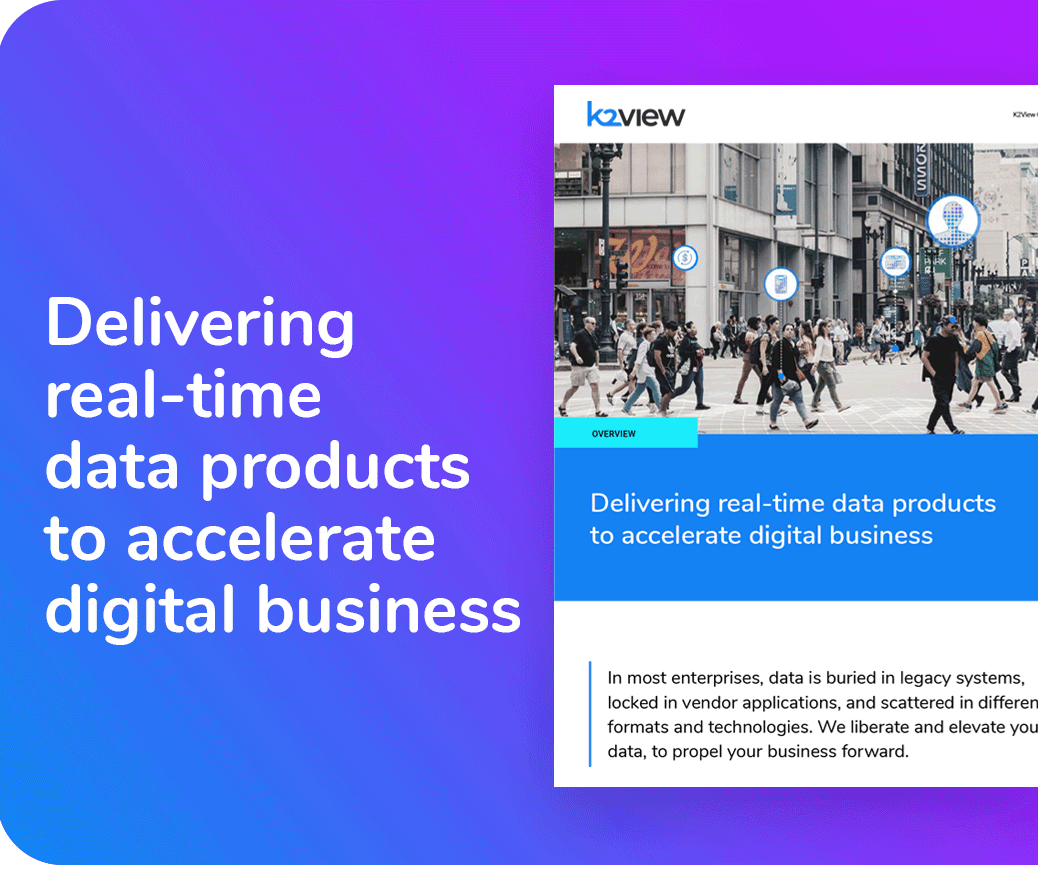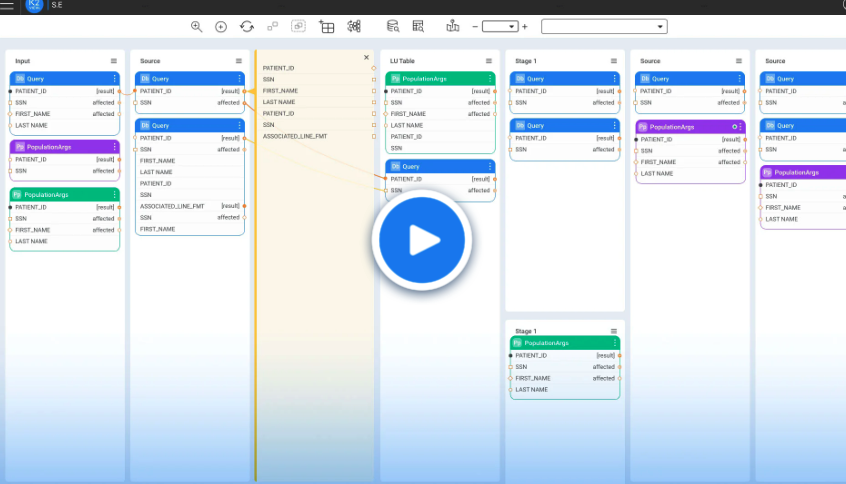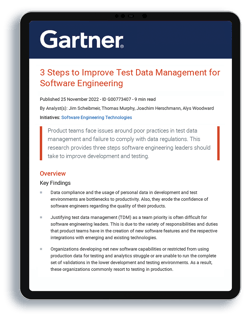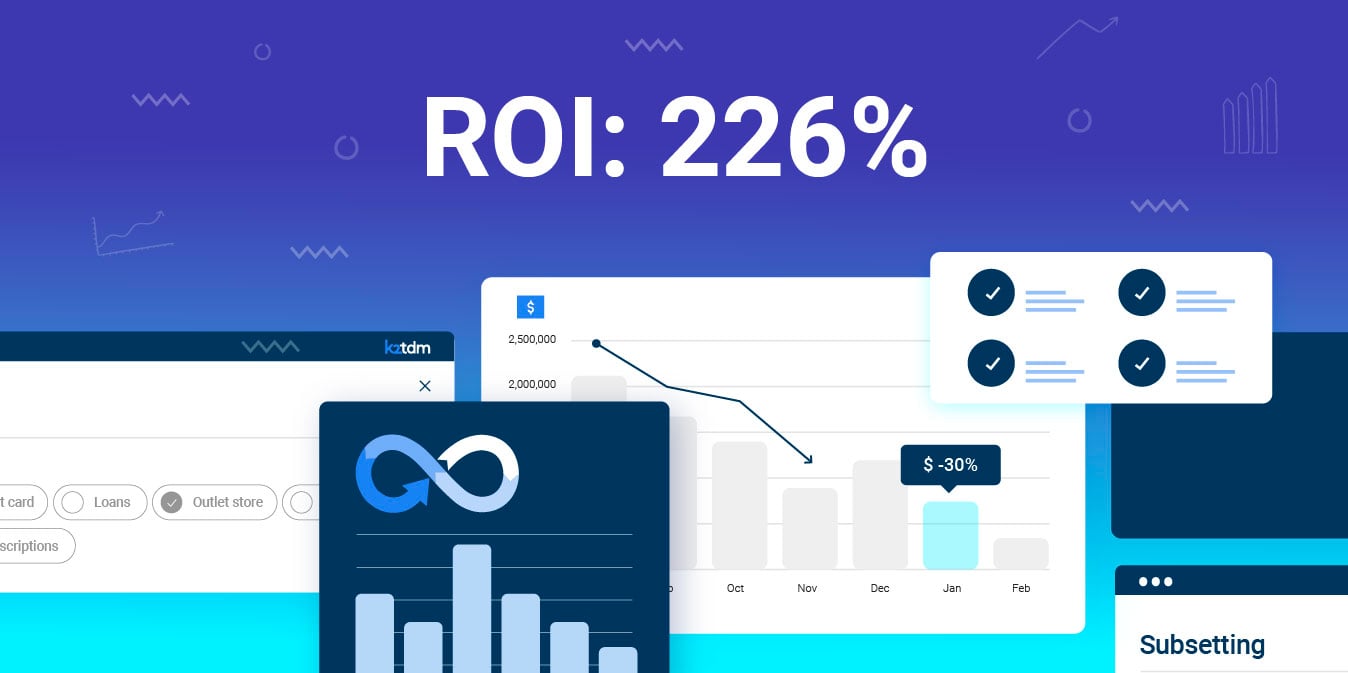
No-hassle test data for your teams
20-30%
Faster software delivery without test data bottlenecks
95-100%
Greater test coverage for higher software quality
20-40%
Higher productivity of your dev and test teams
Your all-in-one test data management tool
- 01 Self-service provisioning
- 02 Any data source
- 03 In-flight data masking
- 04 Synthetic data generation
- 05 CI/CD integration
01Self-service provisioning
Exactly the test data you need, when you need it
- Precision data subsetting
- Data masking and transformation
- Data reservation
- Snapshot and roll back
- Synthetic data generation
- Integrate test data into CI/CD pipelines
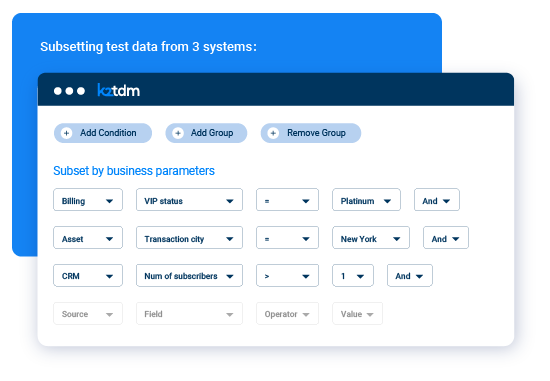
02Any data source
Get all the test data you need to increase test coverage
- Access hundreds of SQL and NoSQL DBs, mainframes, flat files, data lakes, etc.
- Provision test data by business entities, instead of databases and tables
- Provision compliant test data to any lower environment
.png?width=1112&height=711&name=Tools%20(2).png)
03In-flight data masking
Mask your sensitive data to ensure compliance
- Auto-discover PII and PHI data
- Apply customizable masking functions
- Mask data in-flight
- Anonymize unstructured data: images, checks, PDFs, etc.
- Enforce referential integrity
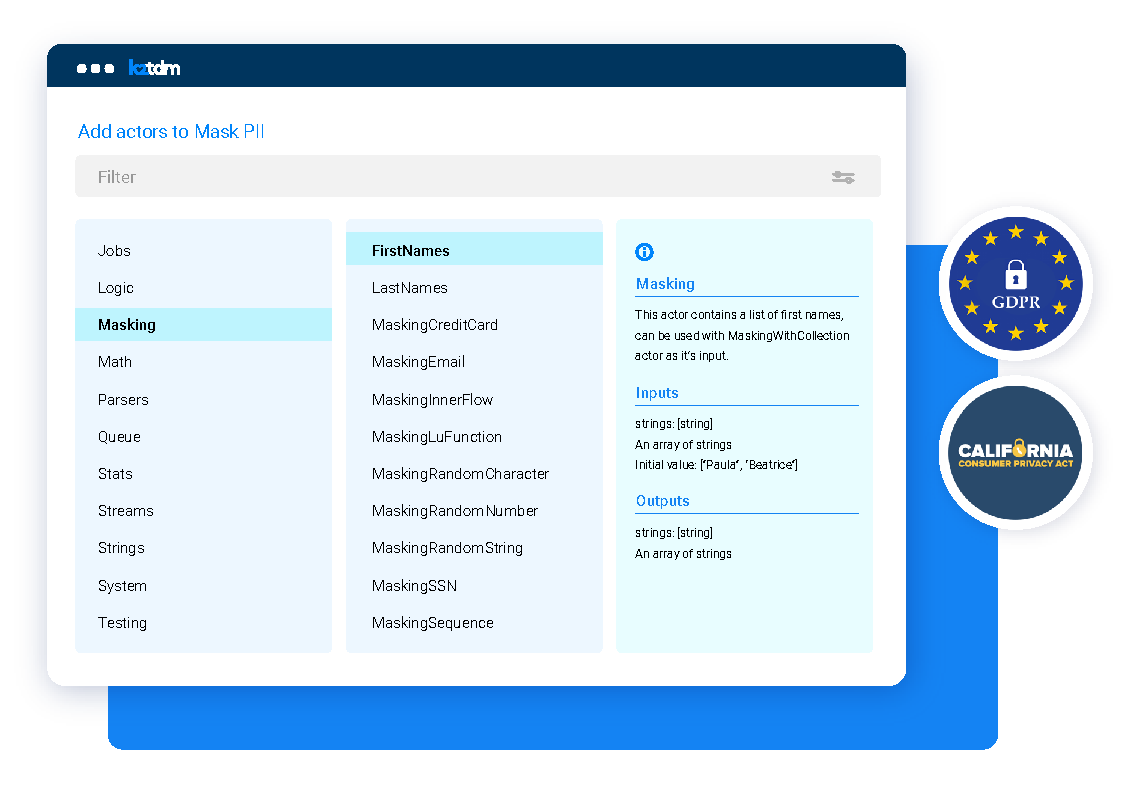
04Synthetic data generation
Generate accurate test data to accelerate innovation
- Generative AI
- Business rules engine
- Entity cloning
- Data masking
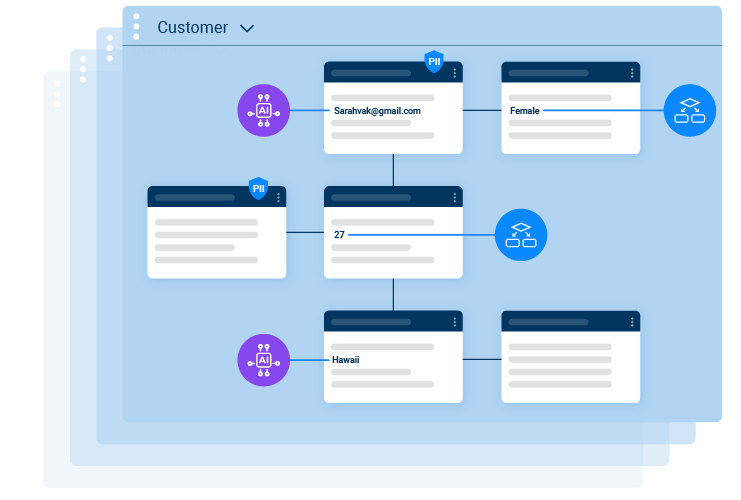
05CI/CD integration
Automate test data delivery to accelerate your time-to-market
- Programmatically execute test data subsetting, masking, reservation, versioning, and roll-back
- Integrate into your CI/CD DevOps tools: Jenkins, GitHub, Azure Pipelines, and more
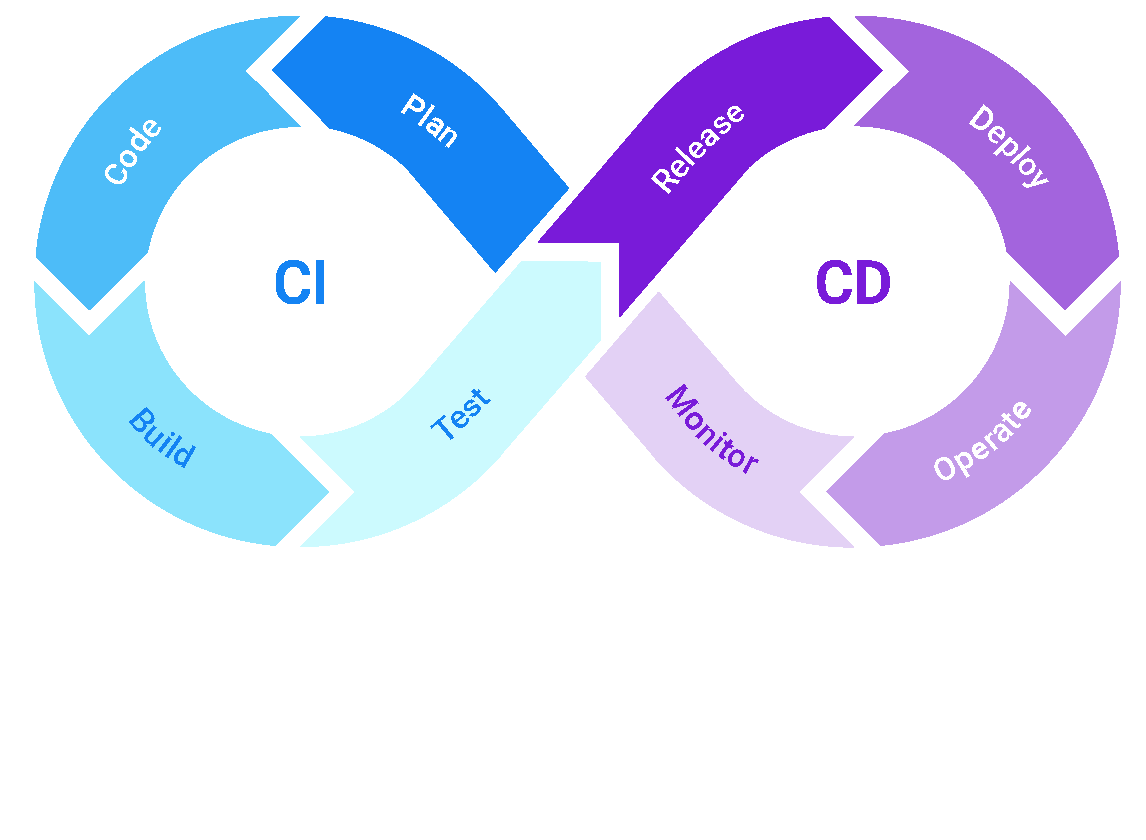
test data management tools
Proven business impact with K2tdm

Ralf Hellebrand
Programme Director, Technology, Vodafone Germany
We're collaborating closely with K2view in order to evolve our test data management tools for the purpose of driving our business agility, IT velocity, and to raise and improve the customer experience.


Ward Chewning
Vice President of Network Services and Shared Platform, AT&T
"K2view test data management tools provide a self-service approach for our teams to provision test data on demand – without impacting production source systems."


VP, QA and Operations Technology
“With its powerful business entity data schema, K2tdm has enabled us to provide our testing teams with intuitive data subsetting capabilities. They can now filter and load test data without knowing where the source data resides.”


Mar 3, 2023
Company Size: 30B + USD
"K2view's test data management tools helped make all our test data easily available to all applications with simple search and integration of multiple data sources in a very brief amount of time."



Experience K2tdm
Take the interactive product tour
Test data management by business entities
How does K2tdm work?
K2tdm auto-discovers and creates data schemas for the core entities in your applications, such as Customer, Loan, Order, or Product
K2tdm ingests data from your sources, masks it on the fly, and automatically organizes it by your entities
Your dev and test teams provision compliant test data by business entities rather than dealing with databases and tables

